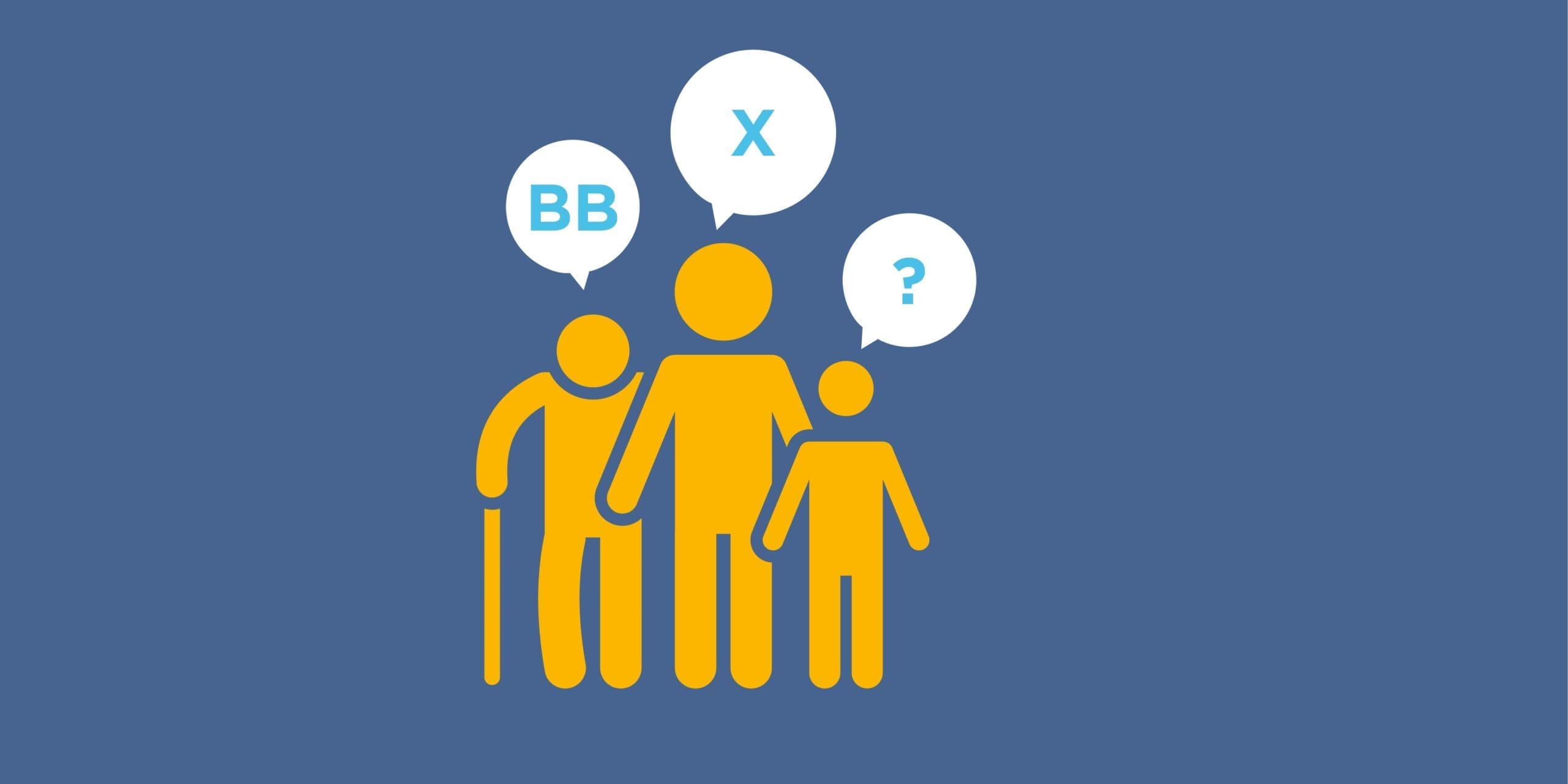
 Great-millennial-debate-2
Great-millennial-debate-2 
Before we start, I’ll be frank — this is a post on millennials, written by a millennial (full disclosure: I don’t eat avocado toast, although I’m sure it’s great).
Every week, there seems to be a new article about marketing to millennials, what defines us and what motivates us. So how worthwhile are these generalizations for marketers? We’re told we are selfish and entitled, that we’re workaholics, and we’re blamed for ruining everything from handshakes to bar soap. Now and then, an article on how we’re doing better than expected will pop up. So, what’s a marketer to believe?
Using the Pew Research Center’s definition of the generations, we conducted an anonymous survey of the DAC team to see how the three generations within our company — Baby Boomers (1946-1964), Generation X (1965-1980) and Millennials (1981-1997) — see millennials.
Not everyone agrees with their label
Our survey shows that 43% of Baby Boomers and 61% of Gen Xers identify with their label, while 53% of Millennials identify with theirs. A study by LIMRA found that two-thirds of Baby Boomers and Gen Xers feel their label describes them well. Can we really use one label to associate with everyone across a 15-year gap? Many argue that within a generation, there’s the “old” and “young” portions of each. Regardless, each generation has and will moan and groan about the characteristics associated with it, especially the negative ones.
Everyone believes millennials get an unfair rap…except millennials
A whopping 71% of Baby Boomers and 75% of Gen Xers claimed that millennials do get an unfair rap. Millennials were evenly split on whether they have a bad reputation. We asked Baby Boomers and Gen Xers to use one word to describe millennials, and they had the following to say about them:
- Entitled
- Adventurous
- Distracted
- Demanding
- Unrealistic
Millennials, on the other hand, used words that seemed more optimistic:
- Innovative
- Opportunist
- Inventive
- Ambitious
- Adaptive
- Desensitized
“Who even uses Google+?” vs “What in the world is Snapchat?”
Across the board, it seems like Facebook, LinkedIn and Twitter are the most popular social media platforms across all generations. In looser terms, the “older” generation prefers applications such as Digg and Google+, while the “younger” generations utilize platforms like Instagram and Snapchat more often. Shame on those who didn’t select Skype — I’ll be sure to find you and ping you on Skype for Business!

Millennials identify 9/11 and the rise of technology as significant events
Each generation is shaped by historical events, the state of the economy and the generations before them. In an open-ended question, Millennials identified 9/11 (45%) and technological advancement (37%) as events that define their generations. Interestingly enough, Baby Boomers and Gen Xers did not have an overwhelming consensus on a defining generational event.
Renaming the generation
The term millennials, for the most part, seems to have a negative connotation. What would you rename it to? Here are a few of my favourite answers from our survey below:
- Generation “?”
- The Burnout Generation
- Generation Tech
- Generation “I Have to Earn That?”
- Scapegoat
Regardless of what we’re called, let’s be realistic — there will always be generalizations and the generations will always find fault with one another. We millennials might think more globally, be in crippling student debt and not be able to own a house until we’re 50, but like generations past, we will make the best of what we have.
When it comes to placing people into tidy groups, it turns out age ain’t nothing but a number. Defining your audience for marketing purposes is more about the experience your audience craves and less about their demographic category. Will the young adults of the Generation Z be entitled, selfish and poorer than millennials? I’ll answer your question in about ten years as I take an avocado toast selfie, bemoaning my second mortgage.
Witty Tse is DAC’s Operations Coordinator Research and is based out of Toronto. To learn more about demographic trends, please do not hesitate to get in touch with DAC.

